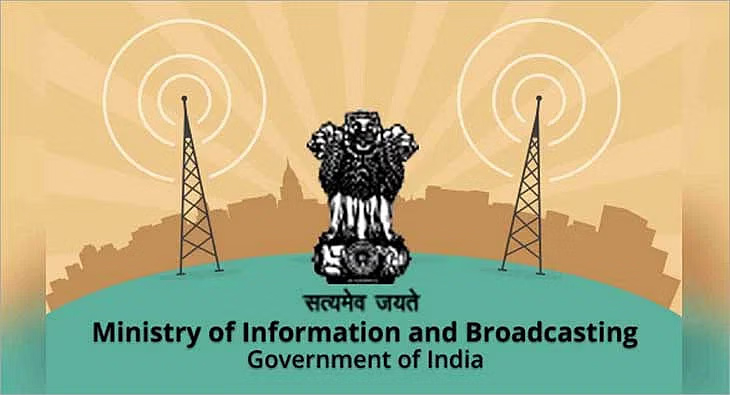NEW DELHI, Feb 22: The Ministry of Information and Broadcasting is currently evaluating the existing statutory provisions and considering the necessity for a new legal framework to regulate “harmful” content in response to complaints regarding “obscenity and violence” portrayed on digital platforms.
In its response to a parliamentary panel, the ministry expressed that there is increasing societal concern that the constitutional right to “freedom of expression” is being misappropriated to display obscene and violent material on digital platforms.
It informed the Standing Committee on Communications and Information Technology, led by BJP MP Nishikant Dubey, that while some provisions currently exist, there is an escalating demand for a more stringent and efficient legal framework to govern such harmful content.
The ministry stated, “This ministry is aware of these developments and is in the process of reviewing current statutory provisions and the need for an updated legal framework.”
Furthermore, the ministry highlighted that numerous high courts, the Supreme Court, Members of Parliament, and statutory bodies like the National Commission of Women have addressed this issue, which gained significant attention after social media influencer Ranveer Allahbadia made controversial remarks that led to widespread backlash.
Criminal charges have been filed against him, and his apology has failed to alleviate the controversy. Although the Supreme Court has granted him protection from arrest, it made critical comments regarding his vulgar statements.
The ministry informed the committee, which is scheduled to meet again on February 25, that it will provide a comprehensive report following thorough discussions.
The committee had inquired on February 13 about the amendments necessary in existing laws to combat contentious content due to the rise of new technologies and media platforms.
Unlike traditional print and electronic media, which are governed by specific laws, new media services driven by the internet, such as OTT platforms and YouTube, lack a specific regulatory framework, prompting calls for legal amendments.
While there are concerns that new provisions could lead to censorship for unrelated reasons, the frequent outrage arising from incidents like the one involving Allahbadia has intensified demands for enhancing the legal framework through amendments to current laws or establishing new legislation. (PTI)


Leave a Reply